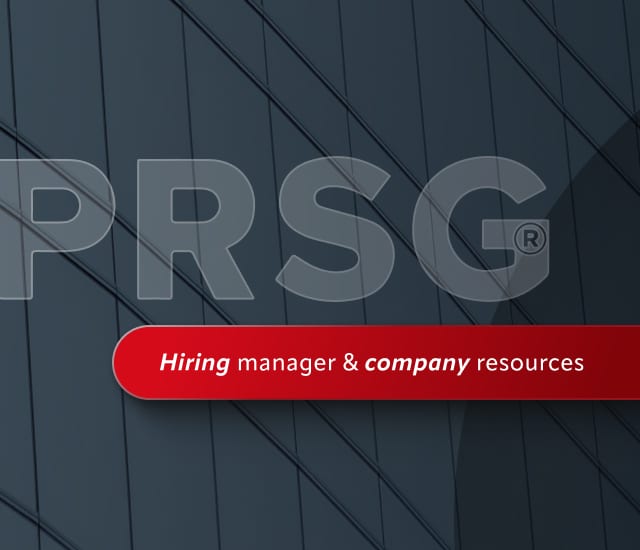Flexibility is Sought by Candidates

In recent years, the landscape of work has undergone a profound transformation. The traditional nine-to-five office model is no longer the sole paradigm, with more companies adopting various workplace policies such as on-site, hybrid, or fully remote. This shift has been driven by various factors, including advancements in technology, changing employee expectations, and the recognition of the need for work-life balance.
One significant aspect of this evolution is the increasing demand from candidates for workplace flexibility, irrespective of a company’s established policy. This demand stems from the diverse responsibilities individuals manage outside of work, ranging from caregiving for children, attending to medical appointments, to supporting aging family members. These responsibilities often require flexibility in scheduling and location that traditional office setups may not have easily accommodated in the past. Questions around this type of flexibility is what I most commonly hear from candidates, even if a role is fully on-site.
For many professionals, especially parents, the ability to balance work and family obligations is crucial. Flexible work arrangements enable them to structure their work hours around school drop-offs, pick-ups, and other family commitments without compromising their professional productivity. Likewise, employees who provide care for elderly relatives or family members with health issues value the flexibility to attend medical appointments or provide necessary care while meeting work responsibilities.
What I have found is that some employers are willing to be more flexible based on the changing demands of the current environment, while others are not. Employers are increasingly recognizing that offering flexibility not only meets the diverse needs of their workforce but also enhances employee satisfaction, productivity, and retention. Research from the International Labour Organization (ILO) and the Society for Human Resource Management (SHRM) underscores that flexible work options significantly improve work-life balance, thereby reducing stress and preventing burnout. These benefits contribute to better overall performance and foster greater loyalty to the organization.
However, the transition to flexible work is not without challenges. It requires clear communication, robust technology infrastructure, and effective management strategies to ensure collaboration and maintain organizational cohesion. Employers must also consider equitable policies that accommodate all employees, regardless of their role or location.
As we navigate a post-pandemic landscape where remote work has become more prevalent, discussions around workplace flexibility continue to evolve. Candidates increasingly prioritize employers who offer adaptable work environments that support their individual needs and responsibilities. In response, progressive companies are reassessing their workplace policies to embrace flexibility as a core aspect of their organizational culture.
Ultimately, candidates seek assurance that they can manage personal obligations while fulfilling their professional responsibilities effectively. The shift towards workplace flexibility represents an evolution in how we integrate work and life. By accommodating diverse needs and empowering employees to manage their professional and personal lives, businesses not only attract top talent but also cultivate a more engaged and resilient workforce prepared to tackle future challenges head-on.
